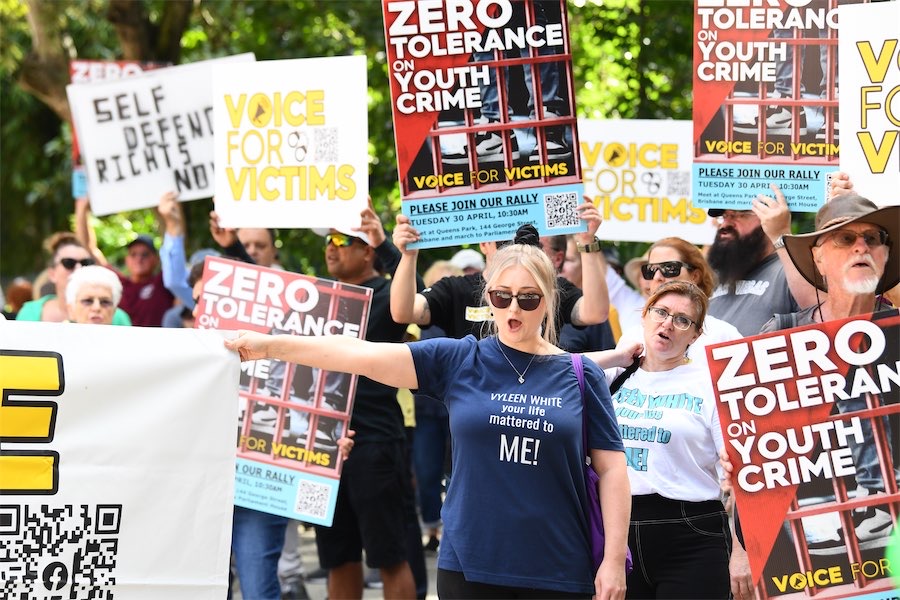
By Poppy Johnston in Canberra
More businesses are struggling to pay outstanding invoices to suppliers though the proportion falling behind is still below pre-pandemic levels.
Wednesday’s risk update from CreditorWatch suggests lacklustre consumer spending and elevated costs of doing business have firms paying late at the highest rate since March 2021.
The rate of payments more than 60 days in arrears was up more than 20 per cent year-on-year.
Yet the proportion of firms falling into arrears remains lower than experienced pre-COVID-19 – a time when businesses felt the squeeze as banks tightened lending standards following a royal commission.
“This suggests a softer economy at the present time, but not an especially weak economy, overall, albeit with some significant variations in conditions by sector,” the debt monitoring firm says in its September business risk indicator.
Information, media and telecommunications businesses experienced the highest rates of late payment, followed by the electricity, gas, water and waste services industry.
Consumer-facing sectors, such as hospitality, have also been under pressure, with the federal government’s caps on foreign students thought to bruise education and training providers in coming months.
“The rural sector also has been doing well after three favourable seasons in a row, but lower commodity prices, especially for beef, could be expected to see increased pressures in coming months,” CreditorWatch says in its report.
The firm’s chief economist, Ivan Colhoun, highlighted a number of promising signals for businesses, including “tentative signs” tax cuts were helping to support consumer spending.
Lower interest rates would further support economic activity yet the economist was not expecting cuts until early 2025 based on the Reserve Bank of Australia’s posturing.
Interest rate cuts in other countries and a major Chinese economic stimulus package had improved chances of a soft landing.
“(A global soft landing is) where inflation moderates, unemployment does not rise significantly, and most economies experience slower growth but not recession,” Mr Colhoun said.
Who can be trusted?
In a world of spin and confusion, there’s never been a more important time to support independent journalism in Canberra.
If you trust our work online and want to enforce the power of independent voices, I invite you to make a small contribution.
Every dollar of support is invested back into our journalism to help keep citynews.com.au strong and free.
Thank you,
Ian Meikle, editor





Leave a Reply